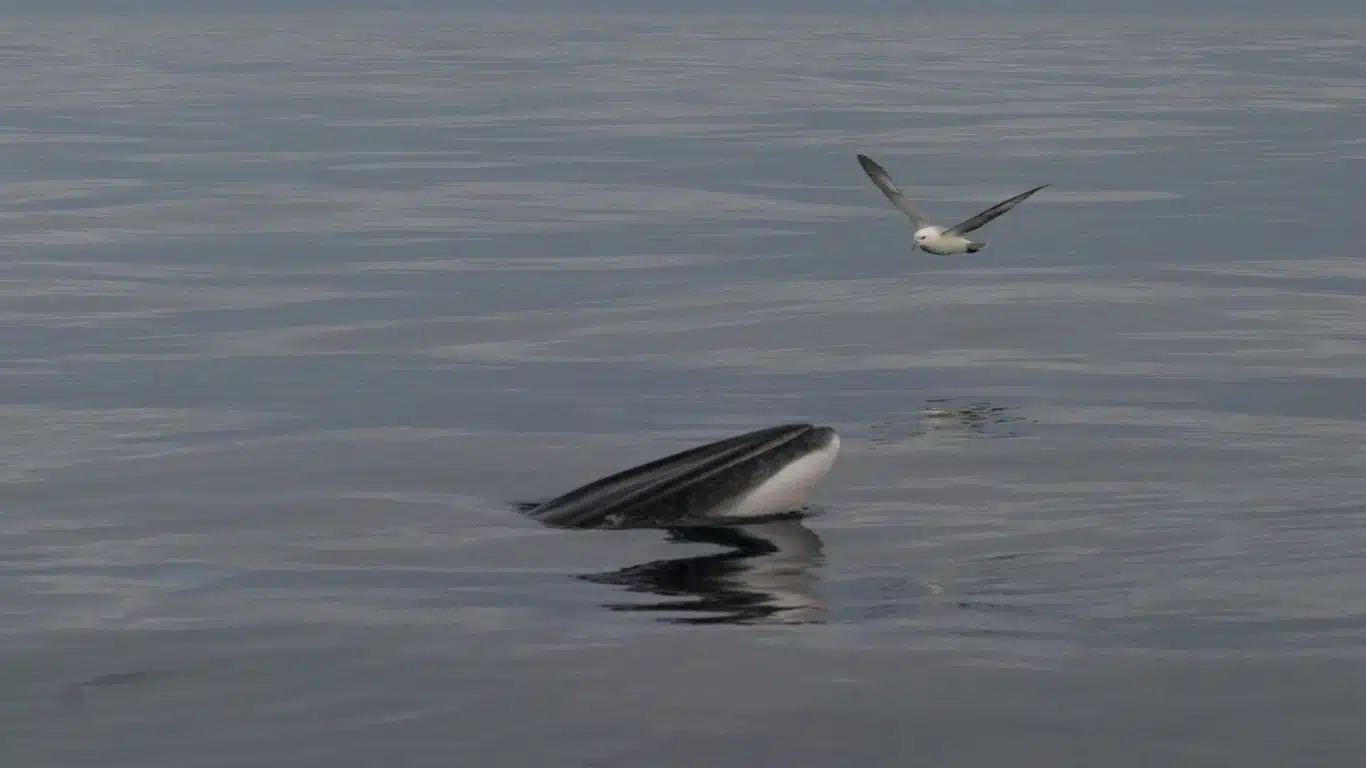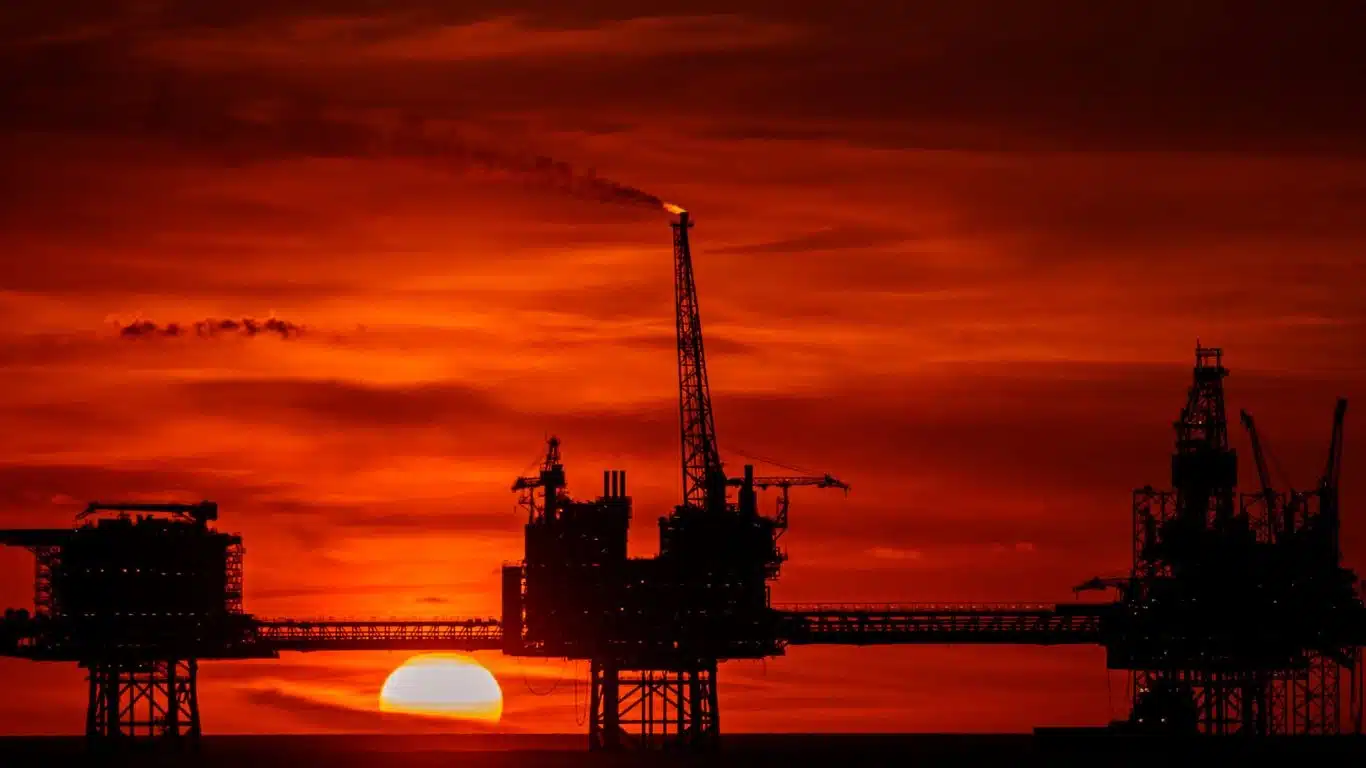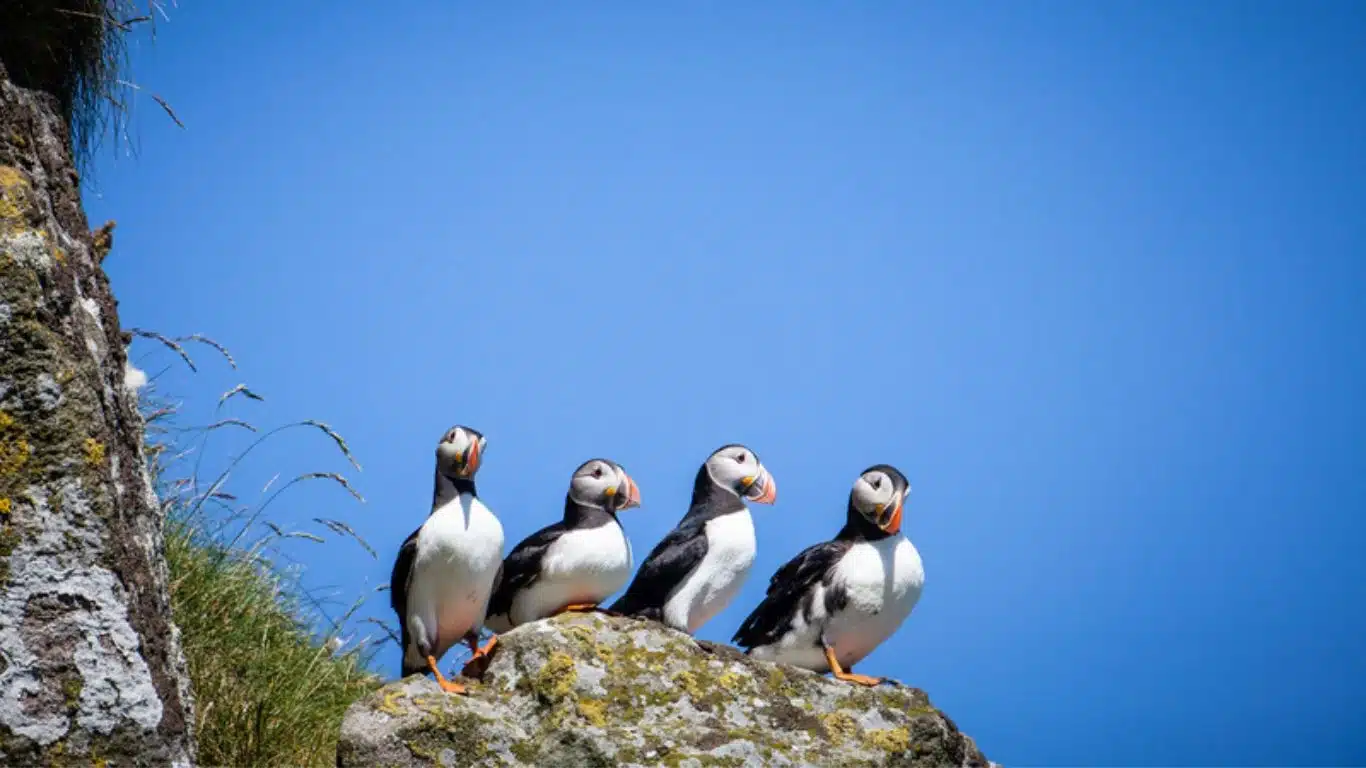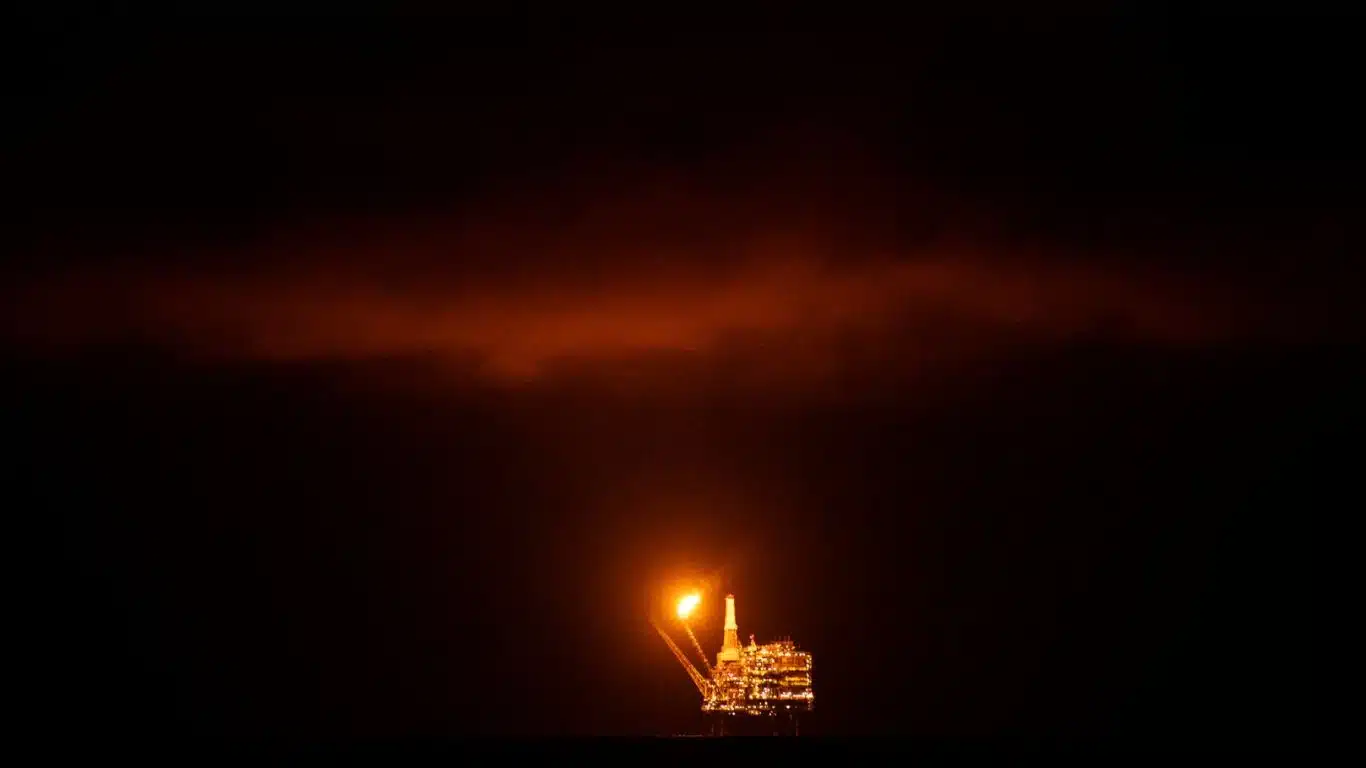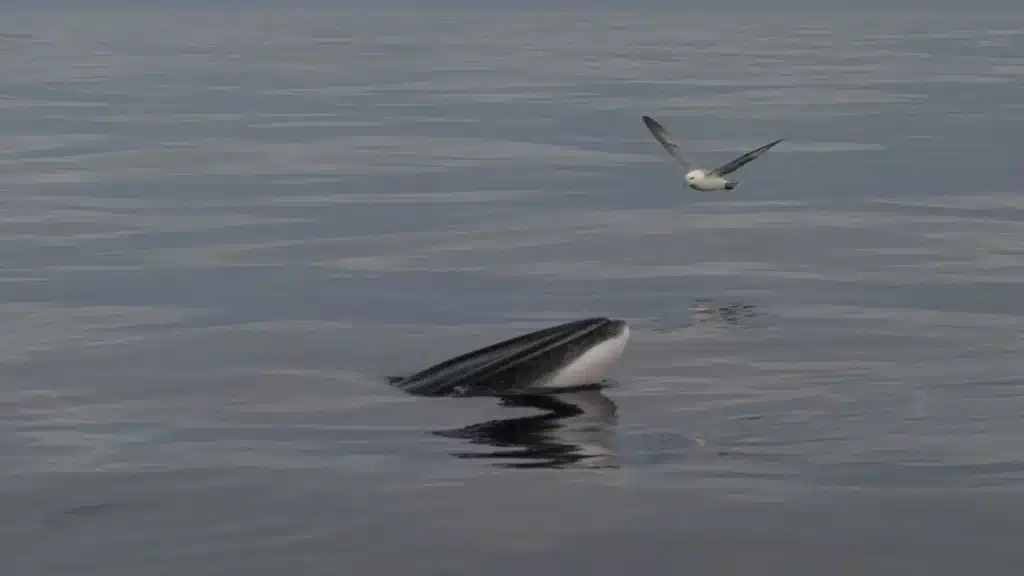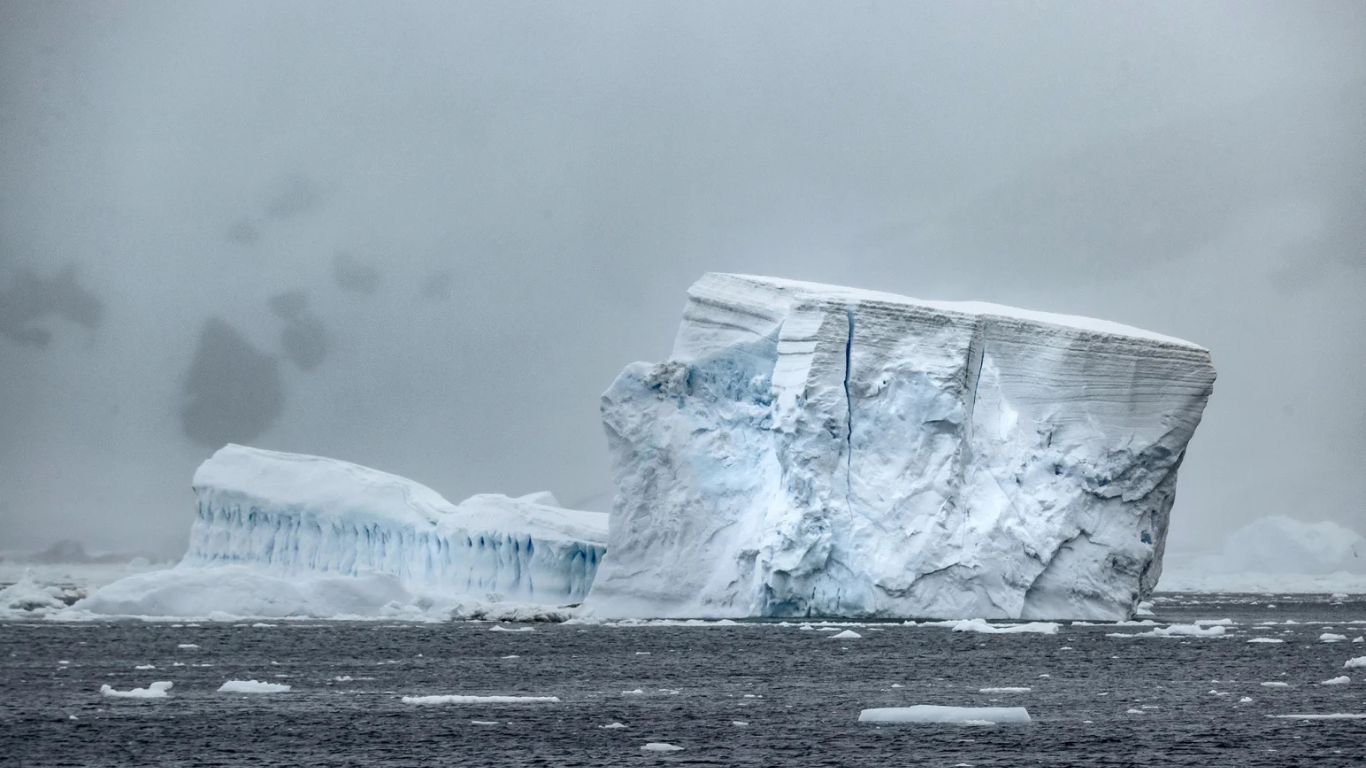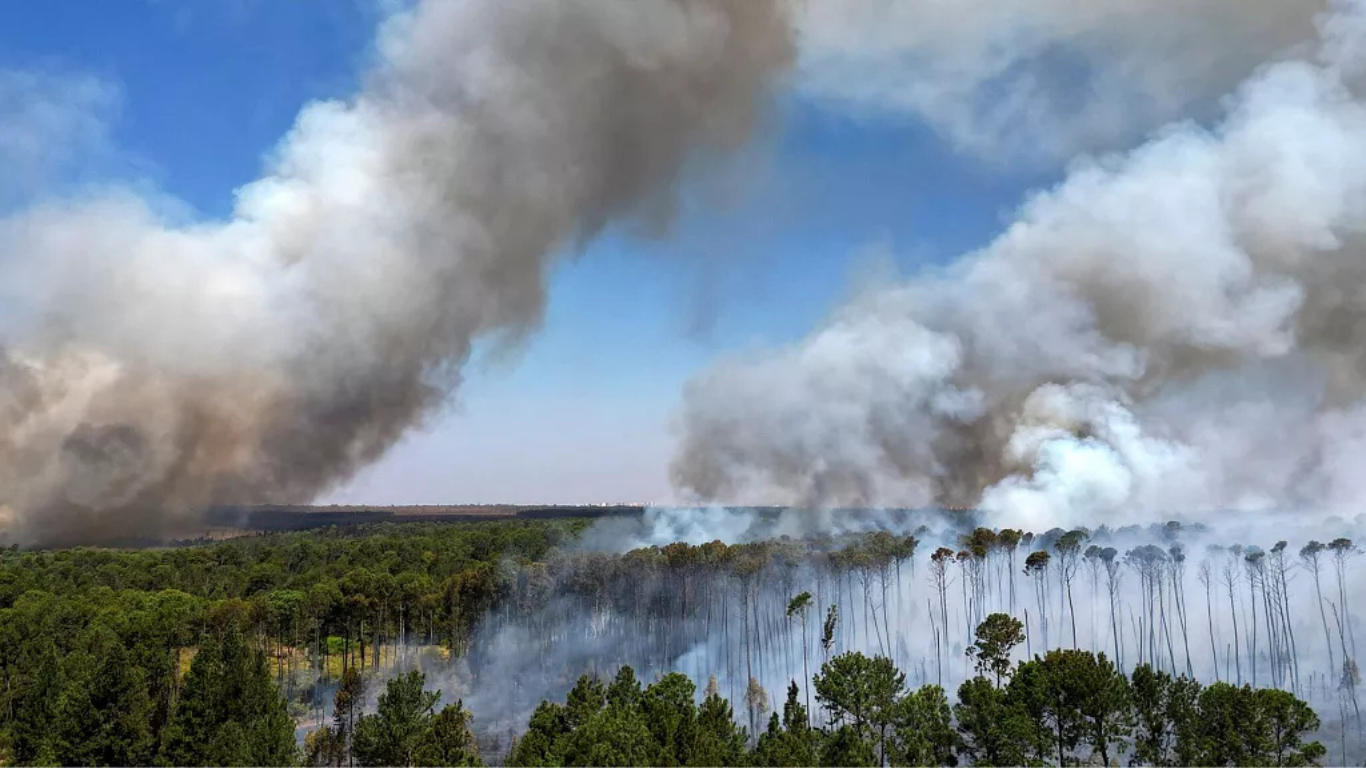Adapted from the article written by Richa Syal and Ellie O'Donnell
Originally published by Unearthed (Mon, 20 Nov, 2023)
New UK offshore licences for the multinational oil giants Shell and Eni are among those sitting within sensitive conservation sites
More than a quarter of the offshore oil and gas sites licensed by the UK government last month sit within marine protected areas (MPAs) prized for their rare habitats and species, an Unearthed analysis has revealed.
Granting new oil and gas licences in our marine protected areas makes a mockery of our climate pledges
– Hugo Tagholm, director of Oceana UK
At the end of last month, the North Sea Transition Authority (NSTA), a regulatory body responsible for overseeing oil and gas operations in the UK, awarded companies licences to develop or explore for oil and gas resources in 64 offshore sites, known as ‘blocks’, in UK waters.
An Unearthed analysis has found that 17 of these blocks (27%) sit wholly or partly within an MPA.
The new licences were hailed as “common sense” by the government, which later unveiled plans to bring in mandatory annual licensing rounds, as part of prime minister Rishi Sunak’s promise to ‘max out’ North Sea oil and gas reserves.
But ocean conservation groups warned that new oil and gas activity in protected conservation areas had the potential to cause “devastation” to “wildlife and habitats that are vital to ocean health.”
While an exploration licence doesn’t always lead to a production field, the NSTA says that the new licences were “prioritised because they have the potential to go into production more quickly than others.”
About half of the 27 licences will start development in known reserves, while the others will begin exploration.
A NSTA spokesperson said: “Vulnerable and protected habitats and species are considered throughout the licensing and permitting process and licences are only awarded when the NSTA has received permission from OPRED that their environmental assessment requirements are met.”
The NSTA has emphasised that, even after a licence is granted, the licensee will still need to get further consents from the authority before they can conduct seismic surveys, drill exploration wells or progress towards full production.
More than half of the blocks awarded last month (11 out of 17) that sit within or overlap MPAs went to the oil giant Shell UK. A further three went to a subsidiary of the Italian oil company Eni, and three to Athena Exploration.
Shell declined to comment for this story.
A spokesperson for Eni told Unearthed that while the company’s licence area “partially overlaps” with a marine conservation zone, “no activity of any kind has ever been foreseen in the area that falls within the marine protected area”.
The MPA most-affected by the new tranche of licences is the the North-east Faroe-Shetland channel, which is believed to be a migration route for marine mammals, including fin whales and sperm whales. In total 11 of the blocks approved sit wholly or partly within this conservation area, including eight of the Shell blocks.
“MPAs are key habitats that support the UK’s rich marine life, including whales and dolphins, and entire ecosystems will be negatively impacted by destructive oil and gas exploration,” said Anna Moscrop, policy manager at Whale and Dolphin Conservation.
She told Unearthed that the Faroe-Shetland channel is “one of the largest designated nature conservation MPAs.”
“It is a vital corridor for migrating whales moving between high latitude feeding grounds and breeding areas to the south, and for deep diving species such as sperm and beaked whales which feed in deep waters,” she added. “Fragile and vulnerable deep sea sponges and cold water corals are also found here.”
Earlier this year, the government announced plans to issue hundreds of new licences for North Sea oil and gas. The licences awarded last months are just the first batch of blocks to be approved in the current licensing round. The NSTA says that more blocks will be offered in this round, subject to additional environmental checks.
The new blocks were granted a month after the approval of the controversial Rosebank project, the UK’s largest untapped oil field off the coast of Scotland, which according to Equinor’s environmental statement will involve building a new pipeline that cuts through the Faroe-Shetland Sponge Belt MPA.

